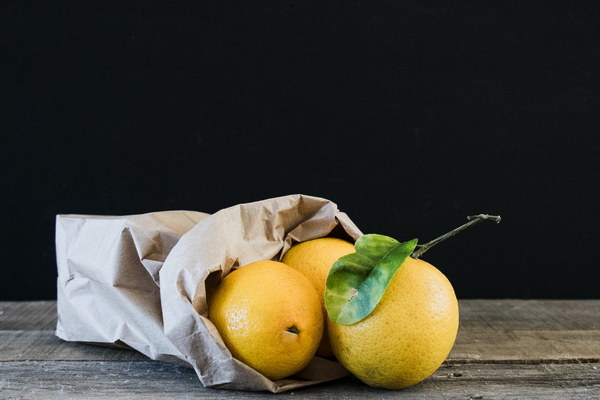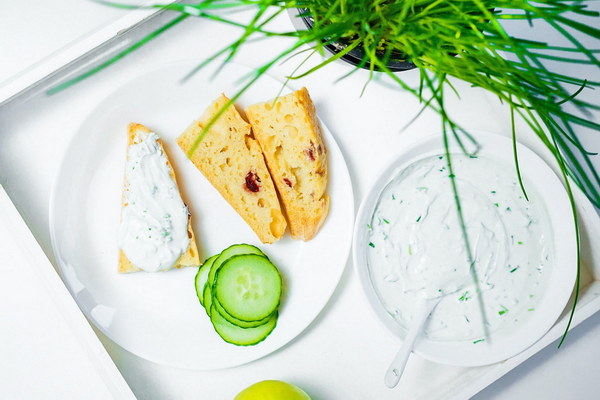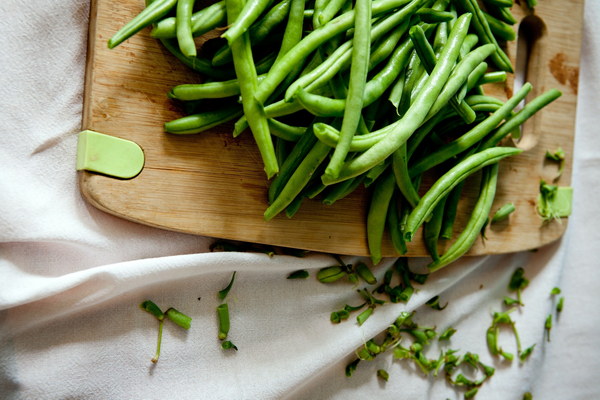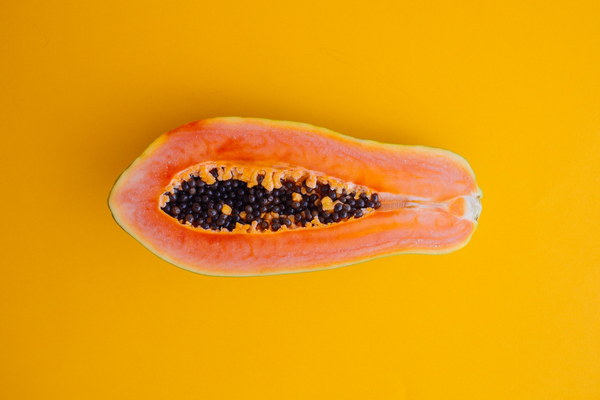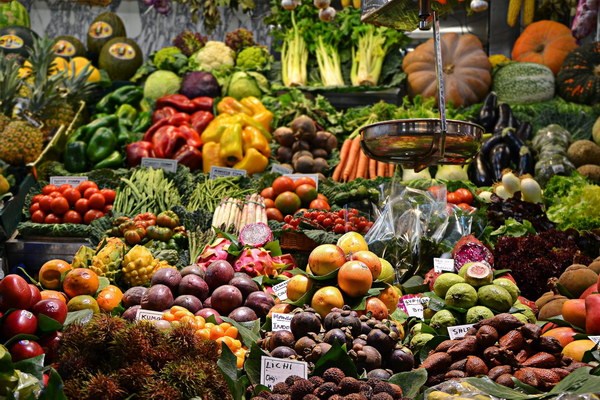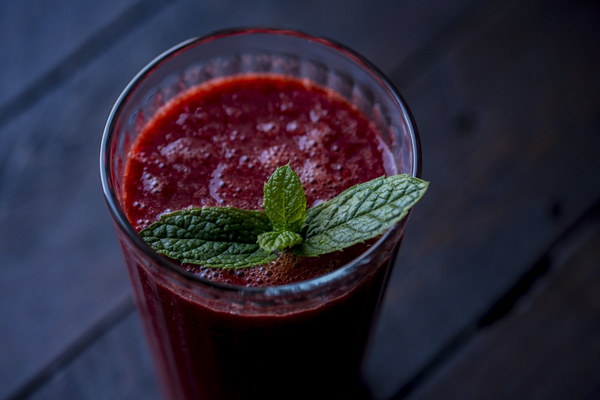Unlocking Summer Wellness Discover the Best Herbs for Extinguishing Dampness
As the sun beats down on us, bringing along the warmth and humidity of summer, it's easy to feel overwhelmed by dampness in our bodies. This excess moisture can lead to various discomforts, such as fatigue, bloating, and even more severe health issues. To combat this, traditional Chinese medicine offers a wealth of herbs and natural remedies to help extinguish dampness and restore balance to your body. In this article, we will explore some of the best herbs for summer dampness and how to incorporate them into your daily routine.
1. Poria (Fuling)
Poria, also known as Fu Ling in Chinese, is a versatile herb that is highly valued for its ability to drain dampness and support the spleen. It's often used in combination with other herbs to treat a wide range of damp-related conditions, including edema, poor appetite, and loose stools. Poria has a mild, sweet taste and is considered safe for long-term use.
To incorporate poria into your diet, you can add it to soups, stews, or teas. For a refreshing drink, try brewing a cup of poria tea by steeping 10-15 grams of dried poria in hot water for 20 minutes.
2. Atractylodes (Cang Zhu)
Atractylodes is another herb commonly used in traditional Chinese medicine to expel dampness and strengthen the spleen. It is known for its ability to relieve abdominal pain, bloating, and fatigue associated with dampness. Atractylodes has a bitter, sweet taste and is often used in conjunction with other herbs, such as poria and cinnamon.
You can use atractylodes in the same way as poria, adding it to soups, stews, or teas. A popular recipe is to mix 10-15 grams of dried atractylodes with 10 grams of cinnamon and steep in hot water for 20 minutes.
3. Alisma (Ze Xie)
Alisma is a potent herb that is highly effective at draining dampness and reducing swelling. It's commonly used to treat conditions such as edema, jaundice, and chronic diarrhea. Alisma has a bitter, sweet taste and should be used in moderation.
To enjoy alisma, you can make a tea by boiling 10-15 grams of dried alisma in water for 20-30 minutes. Alternatively, you can add alisma to soups or stews.

4. Hoelen (Lu Gen)
Hoelen is a unique herb that not only drains dampness but also clears heat and supports the lungs. It is often used in cases of damp-heat, such as acne, boils, and skin rashes. Hoelen has a bitter taste and is best used in combination with other herbs.
To use hoelen, brew a tea by steeping 10-15 grams of dried hoelen in hot water for 20 minutes. You can also add hoelen to soups and stews.
5. Cinnamon (Rou Gui)
Cinnamon is a popular spice that has been used for centuries in traditional Chinese medicine to expel cold and dampness. It is known for its ability to warm the body and improve circulation, making it an excellent herb to use during the cooler months of the year. However, cinnamon can also be beneficial in the summer to help expel dampness and relieve fatigue.
To incorporate cinnamon into your diet, add a small amount to teas, soups, or stews. For a soothing drink, try brewing a cup of cinnamon tea by steeping 5-10 grams of cinnamon in hot water for 10 minutes.
In conclusion, summer dampness can be a challenging condition to deal with, but by incorporating these natural remedies into your daily routine, you can help extinguish dampness and restore balance to your body. Remember to consult with a healthcare professional before starting any new herbal treatment, as some herbs may interact with medications or have side effects. With the right approach, you can enjoy a healthier, more balanced summer.
